The world of blockchain technology has given rise to numerous innovative concepts, with Decentralized Autonomous Organizations, or DAOs being one of the most intriguing we have seen so far. These entities (DAOs) represent a new paradigm in organizational structure, offering a decentralized and democratic approach to decision-making and governance. In this article, we will delve into the intricacies of DAOs, exploring what they are, how they work, their potential benefits, and the challenges they face. We will be explaining DAOs in very simple ways, so stick around if you have been struggling to understand what they are.
What Are DAOs?
A Decentralized Autonomous Organization (DAO) is a blockchain-based organization that operates through a set of smart contracts rather than a centralized governing body. These smart contracts are self-executing and self-enforcing, automatically executing predefined rules and decisions encoded in the blockchain code. Now, if you are still unsure what DAOs are, here’s a very simple explanation.
Imagine a Decentralized Autonomous Organization (DAO) as a vending machine that operates on its own, making decisions based on what people want. In a regular vending machine, there’s a person (or company) deciding what items to stock, how much they cost, and what happens if the machine runs out of snacks. This person or company has full control of the vending machine. Now, think of a DAO as a special vending machine that doesn’t need a person to run it. Instead, it’s controlled by a group of people who own special tokens, and these tokens represent their influence over the vending machine.
When someone with these tokens wants to suggest a change, like adding a new snack, they can propose it to the vending machine and other token holders then vote on whether they like the idea or not, just like friends voting on where to go for food. Once most people agree (based on their tokens), the vending machine automatically makes the change. For example, if they vote to add a new snack, the vending machine starts offering it at the agreed-upon price, all done without a central authority. So, a DAO is basically like a vending machine run by a group of token-holders who decide together what goes inside and how it works, without the need for a single central person in charge, as it is a community-driven, automated system. DAOs are designed to be open, transparent, and trust-less, allowing participants to interact directly without the need for intermediaries.
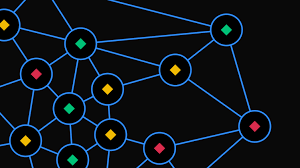
How Do DAOs Work?
Smart Contracts: DAOs are governed by smart contracts, which are autonomous pieces of code that define the rules and operations of the organization. These contracts are stored on a blockchain, ensuring transparency and immutability.
Token Holders: Participants in a DAO hold tokens that represent their stake and voting power within the organization. The number of tokens a member holds typically corresponds to their influence in decision-making.
Decision-Making: DAO members propose and vote on various decisions and proposals using their tokens. Proposals can range from simple decisions like fund allocation to more complex changes in the DAO’s code or rules.
Execution: Once a proposal is accepted by the majority of token holders, the smart contracts automatically execute the decision without the need for human intervention.

Benefits of DAOs
Decentralization: DAOs eliminate the need for centralized authorities or intermediaries, making them inherently democratic and resistant to censorship.
Transparency: All transactions and decisions within a DAO are recorded on the blockchain, providing complete transparency to members and external observers.
Trust-less System: Participants can engage in transactions and decision-making without the need to trust a central authority, as the blockchain enforces the rules.
Global Participation: DAOs are accessible to anyone with an internet connection, enabling a global community of participants.
Challenges and Concerns
Code Vulnerabilities: Smart contracts are susceptible to bugs or vulnerabilities that can be exploited, leading to security breaches or financial losses.
Legal and Regulatory Uncertainty: Many legal systems struggle to define the status and accountability of DAOs, which can lead to regulatory challenges.
Governance Disputes: Disagreements within a DAO’s community can lead to contentious hard forks or disputes that threaten the organization’s stability.
Human Error: While DAOs aim to automate decision-making, human errors can still occur in the initial smart contract design or execution.
Decentralized Autonomous Organizations represent a revolutionary shift in how we organize and govern collective endeavours. By leveraging blockchain technology and smart contracts, DAOs offer transparency, inclusivity, and trust-lessness. They have the potential to disrupt traditional organizational structures across various sectors, including finance, governance, and more. However, challenges such as code vulnerabilities, regulatory concerns, and governance disputes must be addressed as the concept of DAOs continues to evolve. As blockchain technology matures and society becomes more familiar with decentralized autonomous organizations, they may play a pivotal role in shaping our future collaborative efforts.

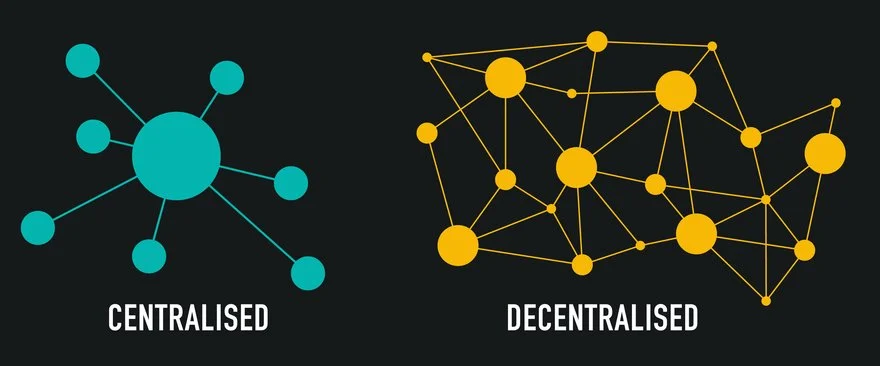
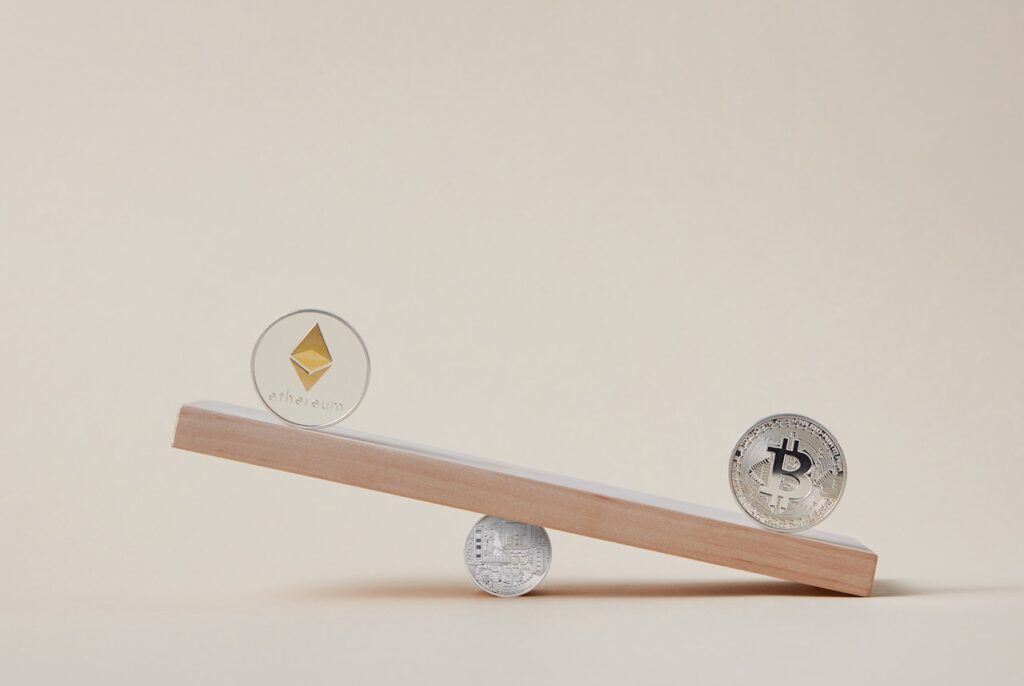
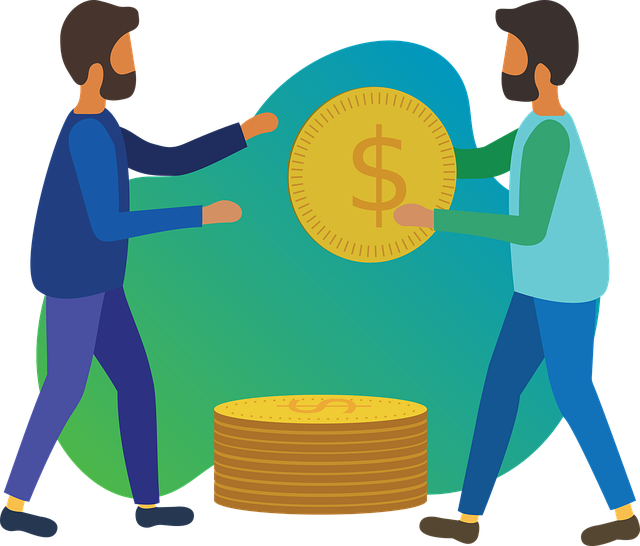
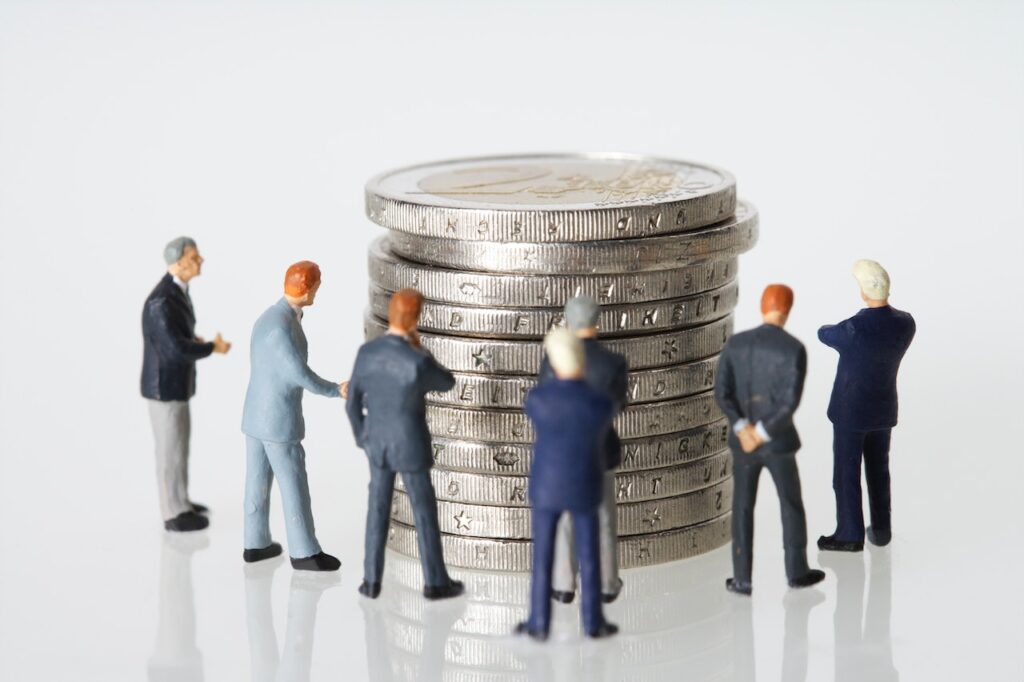

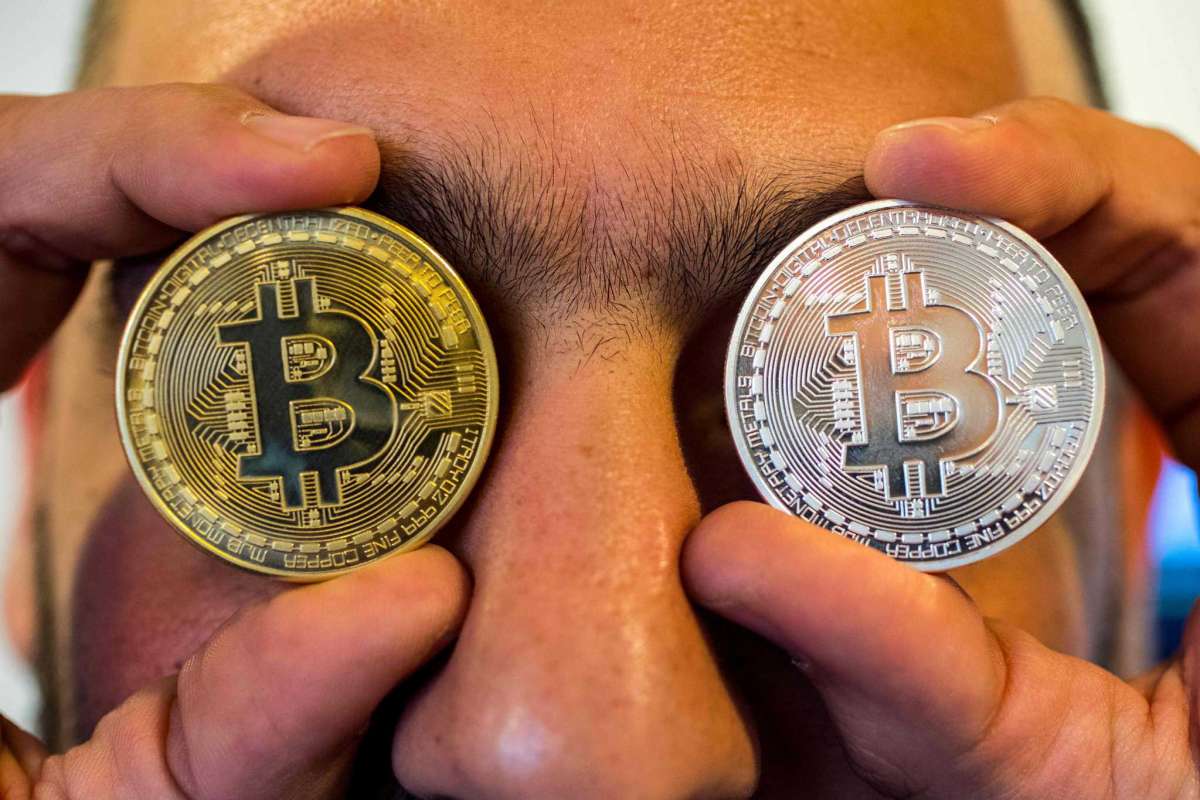
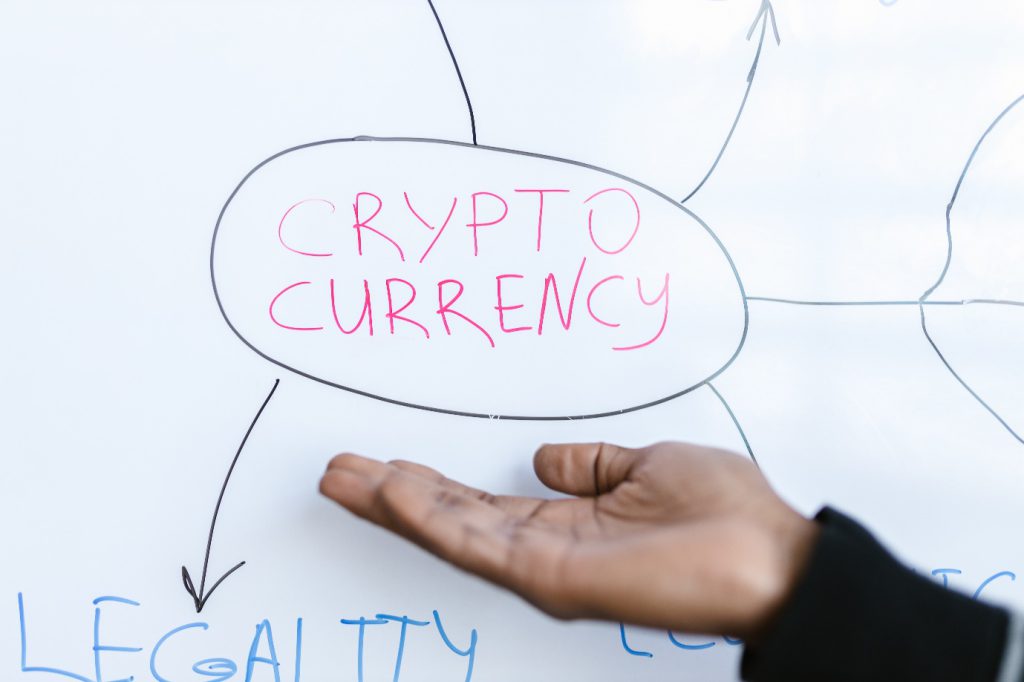
Facebook Comments